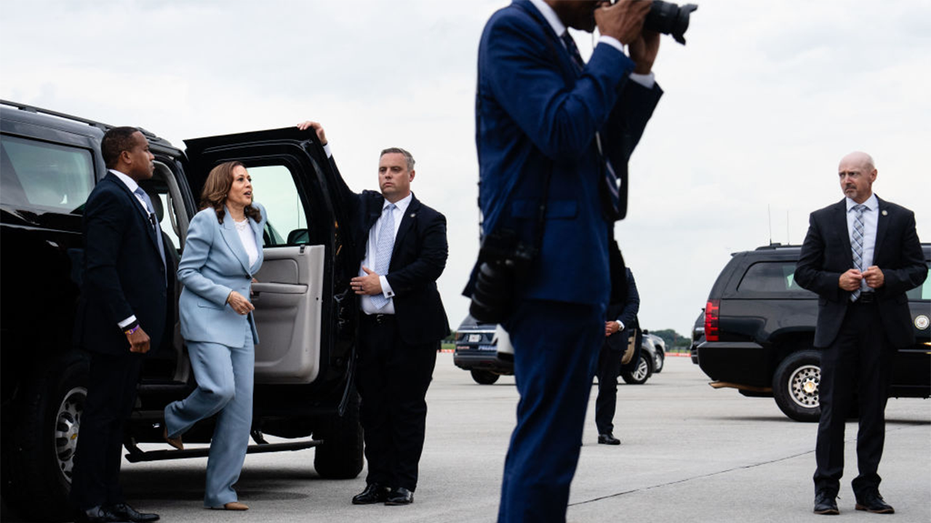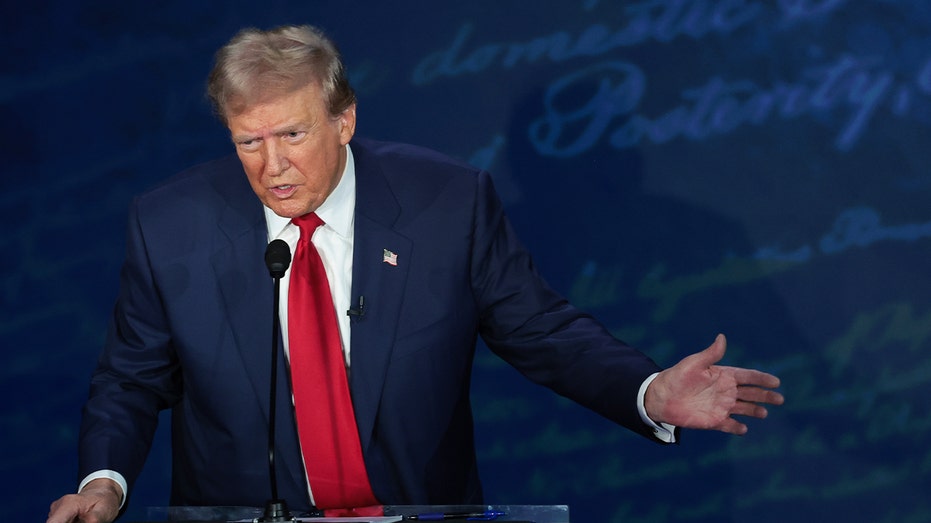Jack Smith Hits Back at Judge Cannon’s Dangerous Order on Trump Case
Special Counsel Jack Smith on Thursday night warned that the judge in Donald Trump’s classified documents case has made a “clear error” that could put witnesses at risk. Earlier this week, U.S. District Judge Aileen Cannon, a Trump appointee, ruled that some unredacted discovery documents should be made available to Trump’s legal team. Those documents could expose sensitive information, including the names of potential witnesses.It’s hardly surprising that Smith has spoken out about the ways in which Cannon’s decision could end very badly. In a court filing on Thursday, the special counsel urged the judge to reconsider.“That discovery material, if publicly docketed in unredacted form as the Court has ordered, would disclose the identities of numerous potential witnesses, along with the substance of the statements they made to the FBI or the grand jury, exposing them to significant and immediate risks of threats, intimidation, and harassment, as has already happened to witnesses, law enforcement agents, judicial officers, and Department of Justice employees whose identities have been disclosed in cases in which defendant Trump is involved,” he wrote.Smith also reminded Cannon of an Eleventh Circuit decision that goes against her recent decision.“The Eleventh Circuit has held that the compelling-interest standard applied by the Court does not apply to ‘documents filed in connection with motions to compel discovery,’ which instead may be sealed or redacted simply upon a showing of ‘good cause,’” he wrote.The Eleventh Circuit, coincidentally, is the same court that once struck down Cannon’s decision to grant Trump’s request to appoint a special master in the classified documents case.It won’t be hard for Smith to demonstrate the “good cause” for not releasing those documents. Throughout his legal trials, Trump has made a habit out of harassing courtroom staff, plaintiffs, and witnesses. The threats that Trump can bring to bear against his perceived enemies are so well documented that legal experts have raised the alarm about the safety of witnesses and jurors in his future trials—and jurists have acted on their advice. In the E. Jean Carroll trial that wrapped up last month, the jury was partially sequestered and fully anonymous. Jurors were warned not to share their names even with each other, using numbers instead. Judge Lewis Kaplan took those steps precisely because he was worried about Trump’s behavior.Moments after the jury delivered its massive $83.3 million verdict against Trump, Kaplan gave them an ominous warning: “My advice to you is that you never disclose that you were on this jury.”Trump is facing 40 counts for keeping classified documents long after he left the White House. His aide, Walt Nauta, and a Mar-a-Lago employee, Carlos De Oliveira, are also facing charges.

Special Counsel Jack Smith on Thursday night warned that the judge in Donald Trump’s classified documents case has made a “clear error” that could put witnesses at risk.
Earlier this week, U.S. District Judge Aileen Cannon, a Trump appointee, ruled that some unredacted discovery documents should be made available to Trump’s legal team. Those documents could expose sensitive information, including the names of potential witnesses.
It’s hardly surprising that Smith has spoken out about the ways in which Cannon’s decision could end very badly. In a court filing on Thursday, the special counsel urged the judge to reconsider.
“That discovery material, if publicly docketed in unredacted form as the Court has ordered, would disclose the identities of numerous potential witnesses, along with the substance of the statements they made to the FBI or the grand jury, exposing them to significant and immediate risks of threats, intimidation, and harassment, as has already happened to witnesses, law enforcement agents, judicial officers, and Department of Justice employees whose identities have been disclosed in cases in which defendant Trump is involved,” he wrote.
Smith also reminded Cannon of an Eleventh Circuit decision that goes against her recent decision.
“The Eleventh Circuit has held that the compelling-interest standard applied by the Court does not apply to ‘documents filed in connection with motions to compel discovery,’ which instead may be sealed or redacted simply upon a showing of ‘good cause,’” he wrote.
The Eleventh Circuit, coincidentally, is the same court that once struck down Cannon’s decision to grant Trump’s request to appoint a special master in the classified documents case.
It won’t be hard for Smith to demonstrate the “good cause” for not releasing those documents. Throughout his legal trials, Trump has made a habit out of harassing courtroom staff, plaintiffs, and witnesses.
The threats that Trump can bring to bear against his perceived enemies are so well documented that legal experts have raised the alarm about the safety of witnesses and jurors in his future trials—and jurists have acted on their advice. In the E. Jean Carroll trial that wrapped up last month, the jury was partially sequestered and fully anonymous. Jurors were warned not to share their names even with each other, using numbers instead. Judge Lewis Kaplan took those steps precisely because he was worried about Trump’s behavior.
Moments after the jury delivered its massive $83.3 million verdict against Trump, Kaplan gave them an ominous warning: “My advice to you is that you never disclose that you were on this jury.”
Trump is facing 40 counts for keeping classified documents long after he left the White House. His aide, Walt Nauta, and a Mar-a-Lago employee, Carlos De Oliveira, are also facing charges.


